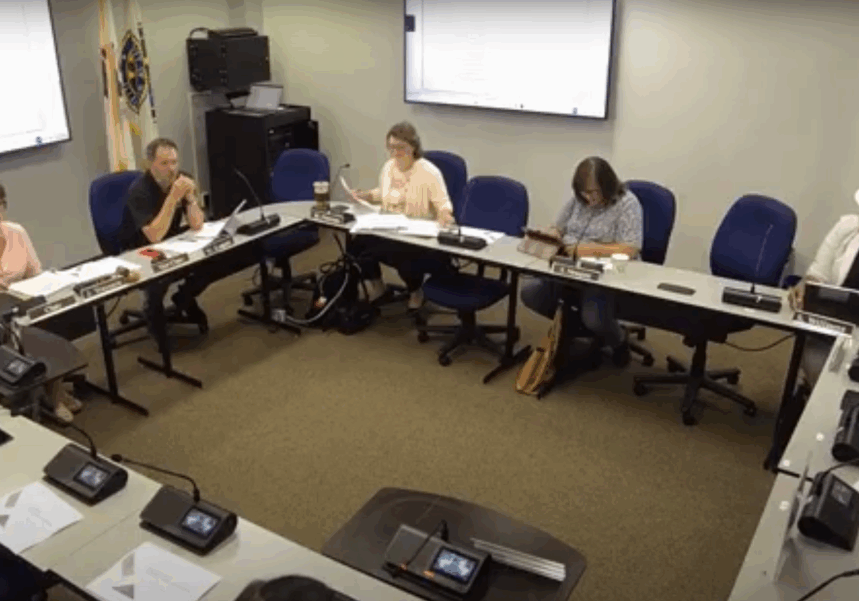
Finance Officials Clarify How Will County Tracks Assets, From Vehicles to Desks
Will County finance officials on Tuesday detailed the policies governing how the county tracks its physical and digital assets, explaining the $5,000 threshold for items that are formally capitalized and the separate process for managing less expensive goods.
Karen Hennessy, the county’s finance director, and Emily Perkins, the assistant finance director, presented to the Ad-Hoc Ordinance Review Committee to clarify the long-standing rules. Hennessy explained that the county follows standards set by the Government Finance Officers Association (GFOA), which recommends a capitalization threshold of no less than $5,000 per item.
“The time spent managing things under $5,000, there’s no benefit to it,” Hennessy said.
Items purchased for $5,000 or more, such as vehicles or heavy machinery, are considered capital assets. They are formally inventoried, assigned a “useful life,” and depreciated on the county’s books annually.
Responding to questions about large furniture purchases that cost well over $5,000 in total, Hennessy clarified that assets are treated individually. “Ten chairs are not lumped together as an expense. They’re looked at individually,” she said. “They don’t have to be together to work.”
Items costing between $1,000 and $5,000 are categorized as “minor assets.” While they are not depreciated, they are inventoried and tracked at the department level, particularly if they are “sensitive” items like weapons, laptops, or power tools. The finance department provides departments with lists and tags, but the day-to-day management is handled internally.
Hennessy noted that one area for potential improvement could be creating a more standardized, county-wide definition of what constitutes a “sensitive” asset to ensure consistent tracking across all departments.
Latest News Stories

Illinois quick hits: $20 million for Alton housing project; alleged migrant assaults reported

WATCH: Illinois DCFS can’t locate documents showing number of missing children

WATCH: Pritzker: ‘Government isn’t always the best option’

FAA announces flight reductions due to government shutdown

U.S. Supreme Court frosty on Trump’s tariff power as world watches

California invests in visas, legal immigration

Group seeks probe into Illinois law requiring grades 3-12 mental health screenings

Reason Foundation: No turning point yet in Illinois on pension debt

Lawmakers weigh in on how the ‘Blue Wave’ will impact shutdown negotiations

Supreme Court weighs challenge to Trump’s tariff power

Supreme Court justices question businesses challenging Trump’s tariffs

New Lenox Board Gives Preliminary Approval to ‘The Patio’ Restaurant Amid Traffic Concerns


